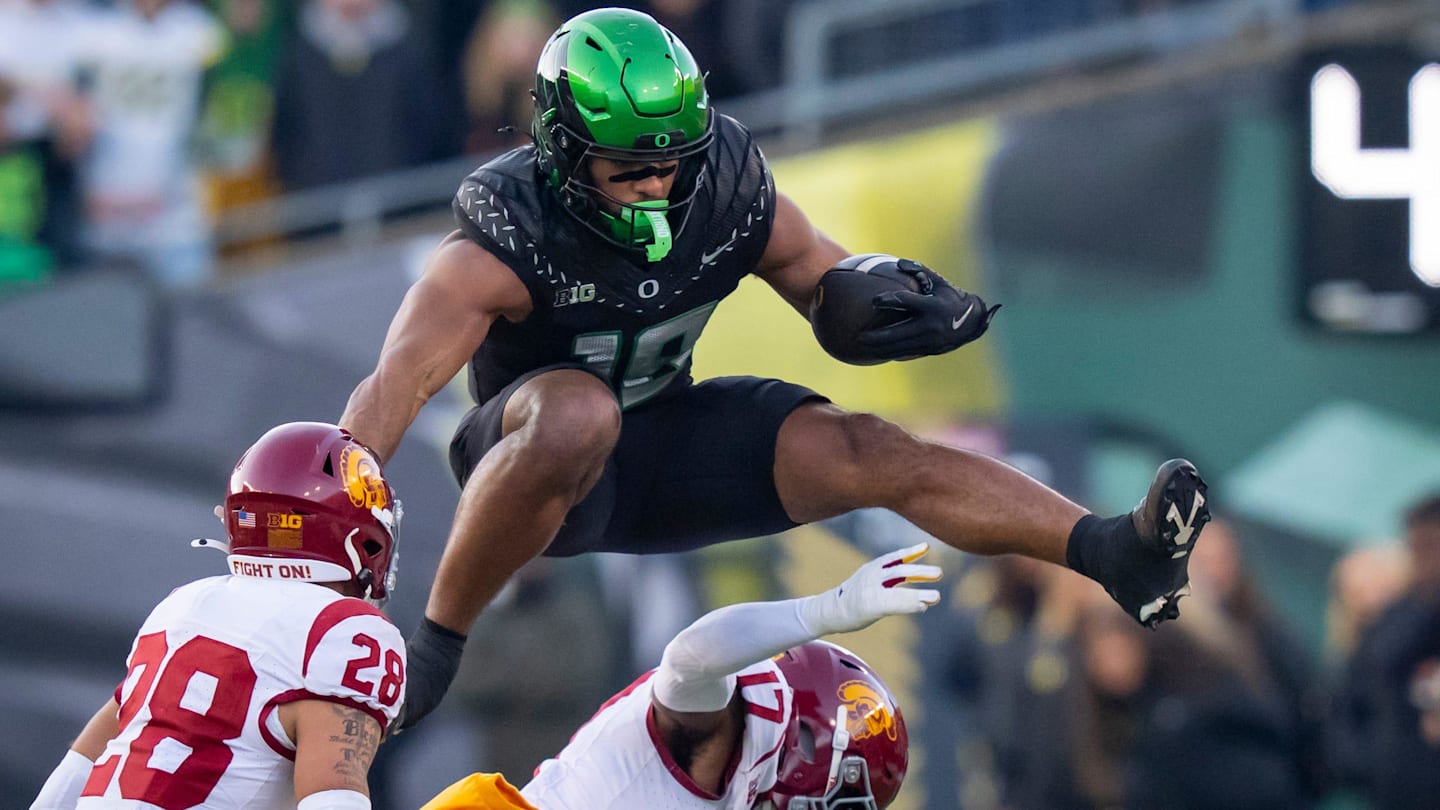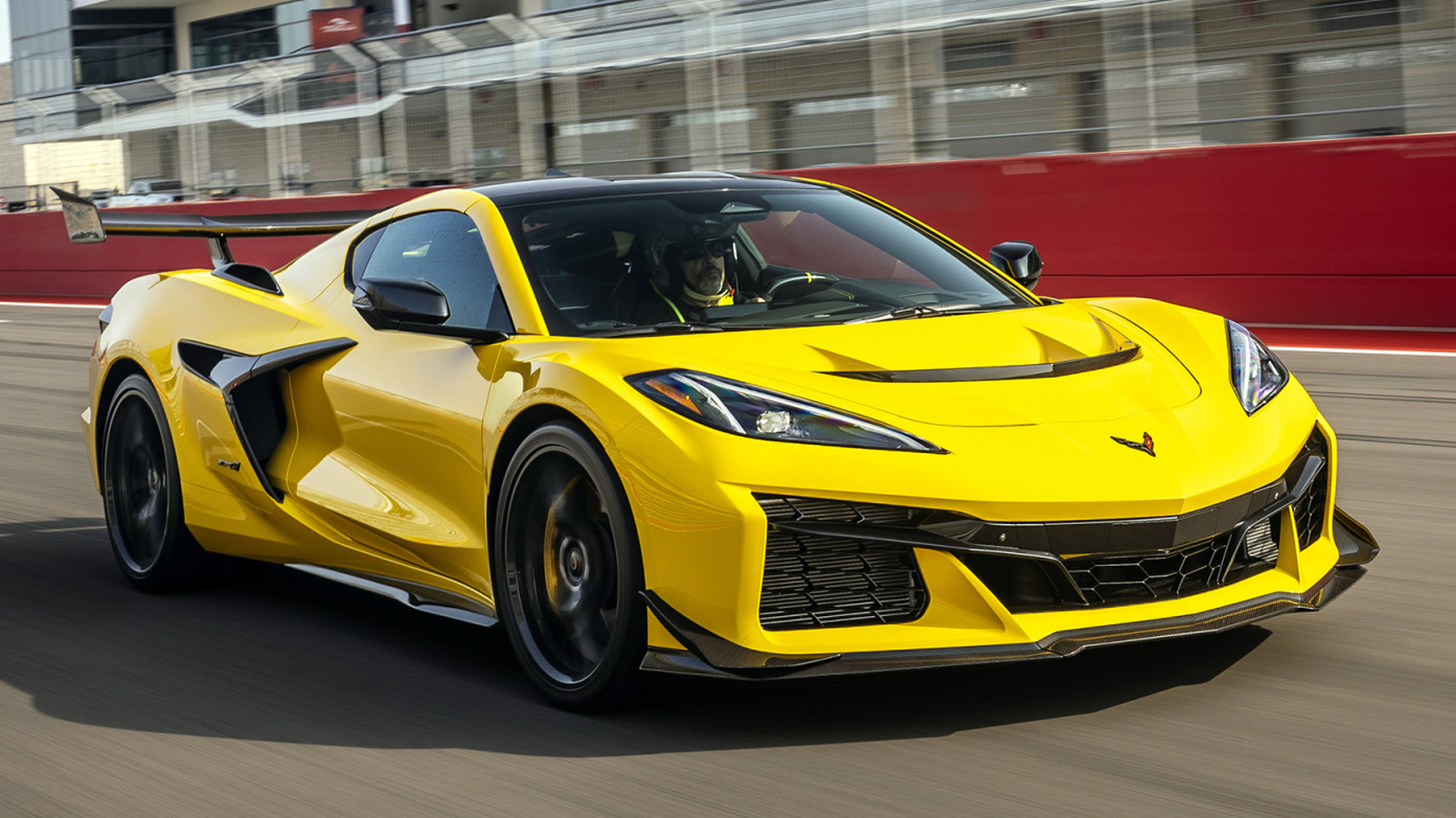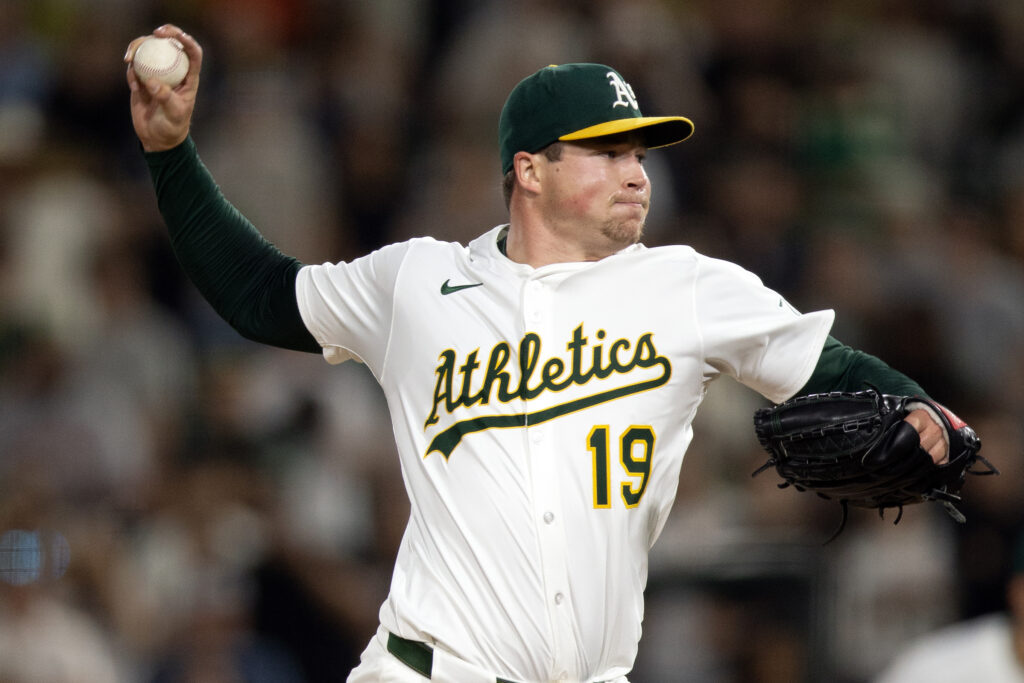Kershaw's Farewell at Dodger Stadium: A Legacy of Excellence
Clayton Kershaw's Farewell to Dodger Stadium
On Friday, Clayton Kershaw gave a final regular-season performance at Dodger Stadium, where he has called home for the past 18 years. The legendary left-handed pitcher received a standing ovation from the fans, as the Dodgers clinched their spot in the playoffs. Kershaw's time with the team has been nothing short of remarkable, with numerous accolades and accomplishments to his name.
A Legacy of Excellence
Kershaw's exit from Dodger Stadium was a bittersweet moment for both the player and the fans. With a career ERA of 2.43 and three Cy Young Awards, Kershaw has solidified his place as one of the best pitchers in baseball history. He has also been a crucial member of the Dodgers, helping lead the team to multiple playoff runs and a World Series victory in 2020.
The Impact of Kershaw's Departure
As Kershaw prepares to enter free agency after this season, his departure from the Dodgers will undoubtedly have a significant impact on the team. Not only will they be losing a talented pitcher, but also a leader and mentor to the younger players. However, Kershaw's contributions to the team will never be forgotten, and his farewell at Dodger Stadium was a fitting tribute to his incredible career.
Clayton Edward Kershaw, born March 19, 1988, in Dallas, Texas, is an American professional baseball pitcher who has played his entire Major League Baseball (MLB) career with the Los Angeles Dodgers since his debut in 2008[1][5]. Known for his left-handed pitching, Kershaw quickly established himself as one of the sport’s premier pitchers, earning a reputation as arguably the greatest left-handed pitcher of his generation[4].
Over his 18-season career, Kershaw has compiled a 222-96 win-loss record with a remarkable 2.53 career ERA and over 3,000 strikeouts, reflecting sustained dominance on the mound[1][4][5]. His pitching style features a high leg kick and a distinctive delivery, contributing to his effectiveness and popularity. Kershaw has won three National League Cy Young Awards (2011, 2013, 2014) and an NL Most Valuable Player (MVP) award in 2014, further solidifying his status among baseball’s elite[1][2][6].
Despite regular-season success, Kershaw experienced some postseason challenges early in his career, including a record number of home runs allowed in playoff appearances. However, he played a crucial role in helping the Dodgers capture two World Series titles in 2020 and 2023, with a particularly strong performance in the 2020 championship series, where he posted a 2.31 ERA and won both of his starts[2][3].
Kershaw has been widely recognized not only for his on-field achievements but also for his leadership and charitable contributions. In 2025, he announced his retirement effective at the end of the season, marking the conclusion of a distinguished career with the Dodgers and leaving a lasting legacy in the franchise’s history[1][4][6].
Currently active in the 2025 season, Kershaw continues to contribute to the Dodgers’ success, maintaining solid performance metrics despite recent surgeries and advancing age[4][5]. Dodger Stadium is a renowned Major League Baseball (MLB) stadium and the home of the Los Angeles Dodgers since 1962. It is the third-oldest ballpark in the MLB and a significant cultural and architectural icon in Southern California, known for its Mid-Century Modern design and pillar-less grandstand that offers unobstructed views[7][8]. The stadium has hosted numerous key events, including the MLB All-Star Games in 1980 and 2022 and twelve World Series from 1963 through 2020, underscoring its status as a premier sports venue[2].
The stadium’s origin is rooted in a complex history involving the Dodgers’ relocation from Brooklyn, New York. Walter O'Malley, the Dodgers’ president, moved the team to Los Angeles after failed attempts to build a domed stadium in Brooklyn. The city of Los Angeles acquired land in Chavez Ravine through eminent domain, uprooting predominantly Mexican-American communities under controversial circumstances. The land was initially intended for public housing, but political shifts led to its use for the stadium instead, with the city offering the land at a nominal cost and covering extensive construction expenses[2][3][6].
Construction began in 1959 after the eviction of residents, and the stadium opened in 1962. It was the first MLB stadium privately financed since 1923 and featured innovative construction techniques, such as casting large concrete members on-site[4]. While the Dodgers played temporarily at the Los Angeles Memorial Coliseum during construction, Dodger Stadium quickly became an iconic home, blending sports, community, and modern architecture.
Today, Dodger Stadium remains a centerpiece for baseball and entertainment in Los Angeles, continuing to evolve with renovations like the $100 million upgrade in 2012-2013, maintaining its legacy as a historic and modern sports venue[7]. Its story reflects intersections of urban development, community displacement, and sports business innovation, making it a subject of interest in both business and social histor The **Los Angeles Dodgers** are a premier American professional baseball team based in Los Angeles, California, competing in Major League Baseball (MLB) as a member of the National League (NL) West Division. Established in 1883 originally as the Brooklyn Atlantics, the franchise has undergone several name changes before settling on "Dodgers" in 1932. The team relocated from Brooklyn to Los Angeles in 1958, marking a key moment in baseball history and expanding its fan base to the West Coast[1][2].
The Dodgers are renowned for their rich history and significant contributions to baseball and American culture. They famously broke the baseball color barrier in 1947 by signing Jackie Robinson, the first African American player in the modern major leagues—an event that transcended sports to impact civil rights profoundly[1]. The team has won eight World Series championships and holds a record 26 National League pennants, underscoring their sustained competitive excellence over more than a century[1][2].
In business terms, the Dodgers stand out as one of the most valuable sports franchises worldwide, ranked second in MLB valuation at $5.45 billion as of 2024 by *Forbes*, reflecting strong brand equity, robust revenue streams, and savvy management[1]. The front office is led by Owner and Chairman Mark Walter, President and CEO Stan Kasten, and President of Baseball Operations Andrew Friedman, who steer the organization’s strategic and operational decisions[3].
The Dodgers also emphasize legacy and community impact through initiatives like the "Legends of Dodger Baseball," honoring influential players with plaques at Dodger Stadium, and sustaining a dynamic roster with star players such as Shohei Ohtani, enhancing their global appeal and competitive edge[1][4].
Technologically, the Dodgers leverage advanced analytics and digital platforms to optimize player performance, fan engagement, and business growth, positioning themselves at the forefront of innovation in sports management[3][5]. Their combination of historical prestige, operational excellence Discover related stories and their connections to this article Explore connected events with detailed insights and relationships Key entities mentioned across connected events Discover patterns and trends across related stories Scouting at the 2026 NFL Combine highlights elite prospects, athletic outliers, and how combine workouts shape draft stock. The 2026 Corvette ZR1 sets Car and Driver's Lightning Lap record at Virginia International Raceway with a 2:34.2, beating the McLaren Senna. Dallas shifts to a flexible 3-4 defense after a record 511 points allowed in 2025, aiming for a stronger, unpredictable 2026 season. Lakers suffer a 110-109 defeat to the Orlando Magic after a late miscommunication seals the loss. A powerful storm blankets Tahoe with record snow, disrupts resorts, and triggers a deadly avalanche amid the Sierra Nevada.About the People Mentioned
Clayton Kershaw
About the Organizations Mentioned
Dodger Stadium
Los Angeles Dodgers
🔗 Connected Events Overview
📊 Quick Insights
📅 Connected Events Timeline
👥 People Involved in Connected Events
Connected through:
Connected through:
🏢 Organizations & Products
🏢 Organizations
🛍️ Products
💡 Connected Events Insights
🔥 Trending Topics
Trending Blogs in Sports

Elite Prospects Commanding Attention at the 2026 NFL Combine

Corvette ZR1 Shatters Lightning Lap Record at VIR

Cowboys Pivot to 3-4 Defense After Dismal 2025

Lakers Fall Short Against Magic in Heartbreaking Finish

California Storm Delivers Record Snow in Tahoe, Triggers Avalanches and Resort Delays












